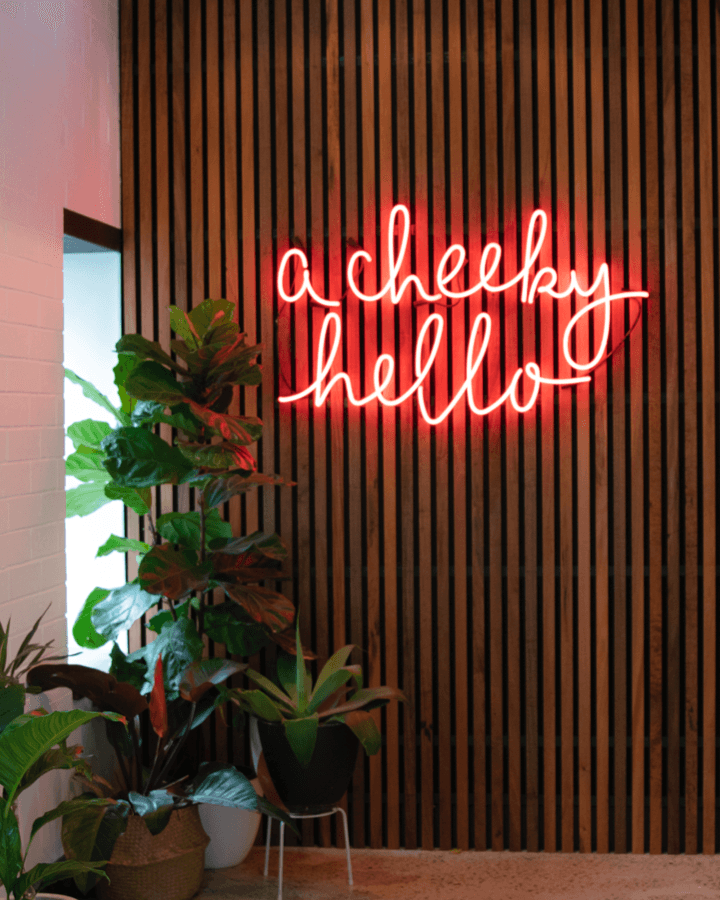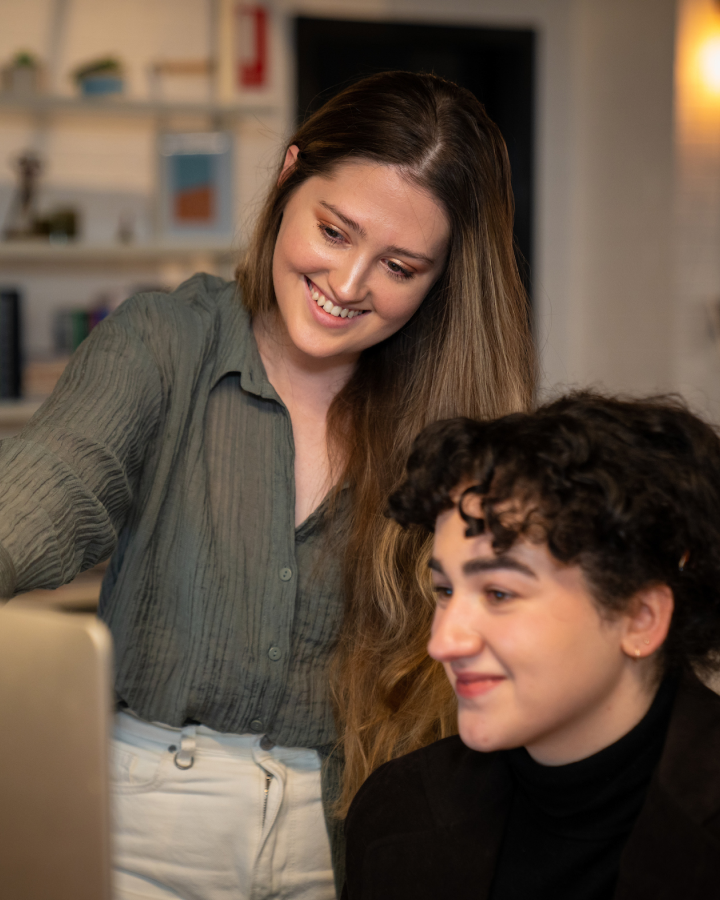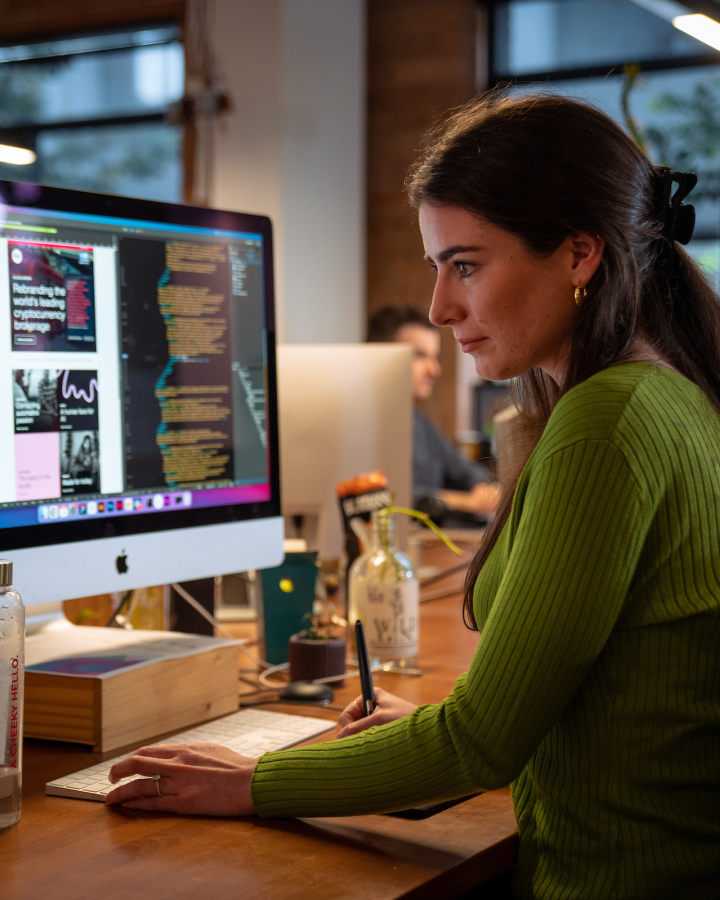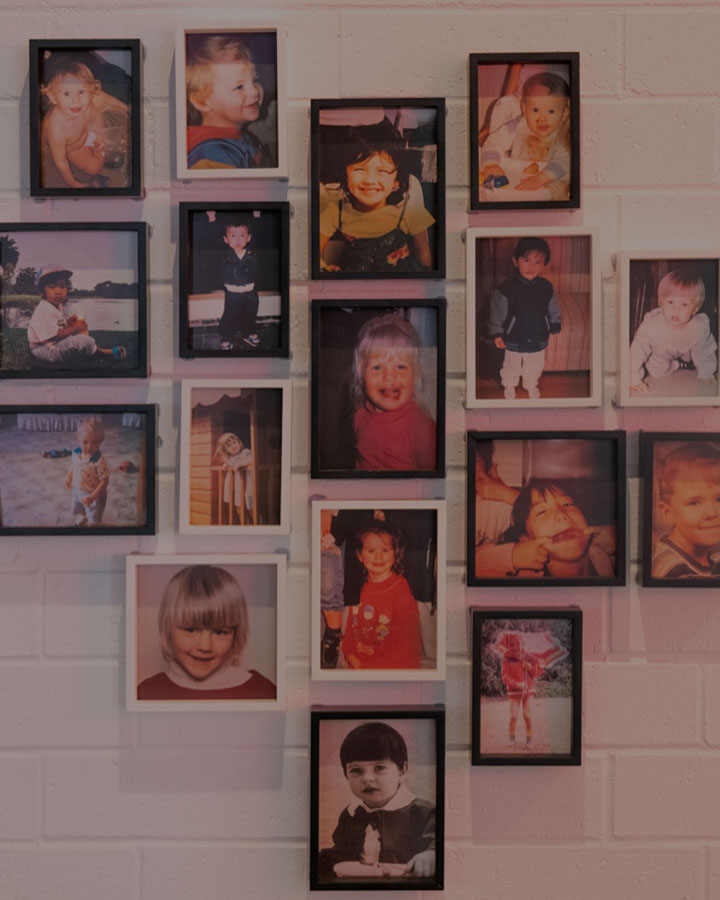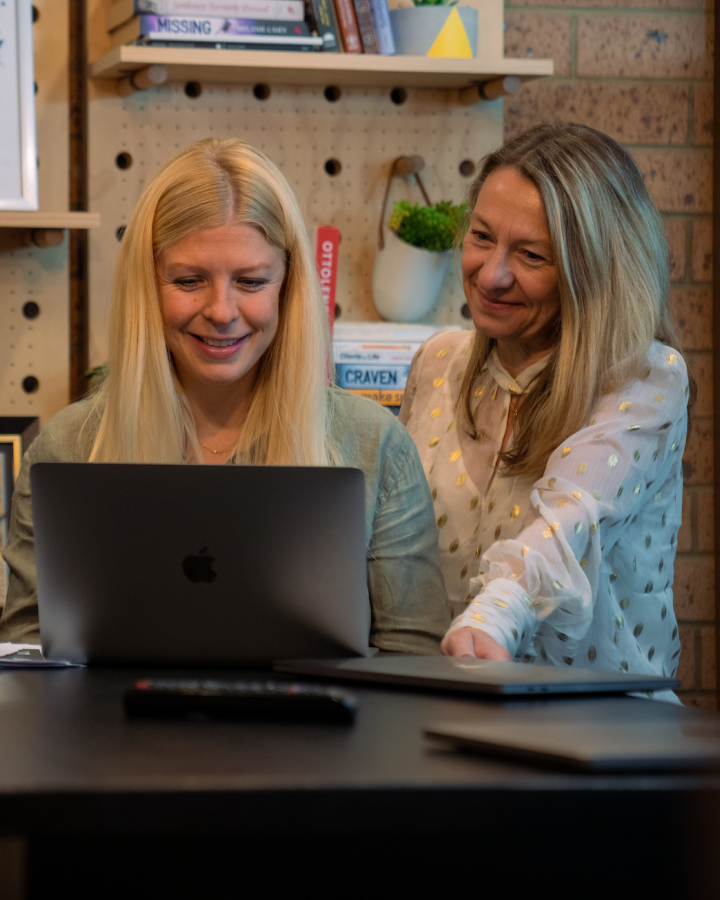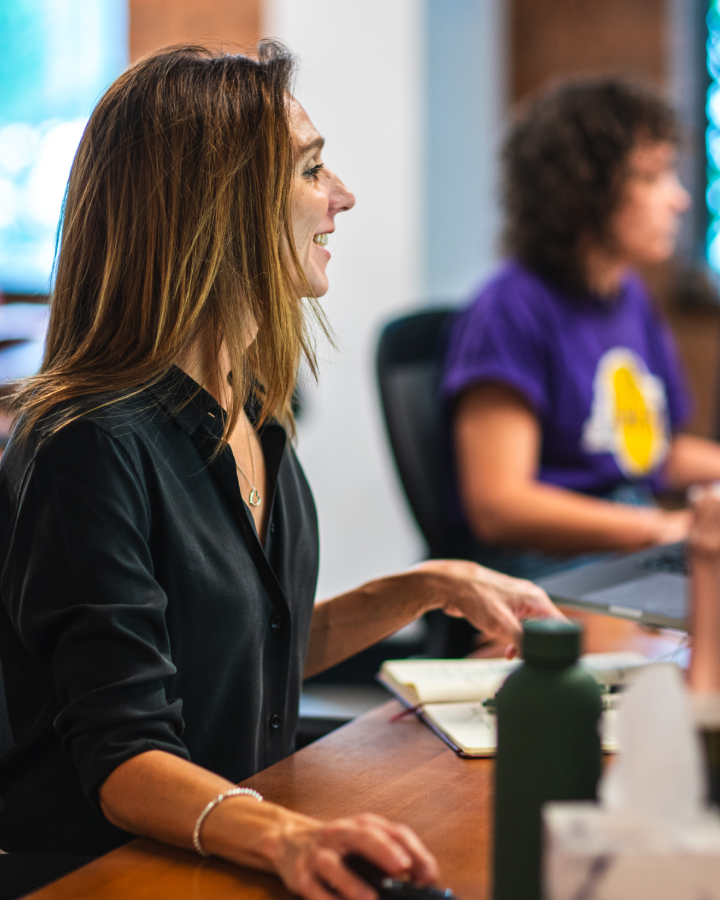4 min read
The truth about partnerships
What makes enduring partnerships work and what happens when one takes six months off?
A few weeks ago, one of our team shared a MailChimp article, Do you need a co-founder?. If you’re interested in how businesses start and keep going, it’s worth a read.
It made me reflect on the last six-months without my own business partner. (Lindsay’s been busy having a baby and being a new mum.)
Before we were business partners, we were friends. We had the type of friendship where we’d share a meme or get some feedback on projects we were working on. Then we started a business. We just jumped in, figuring that if it didn’t work out we could still go and get jobs.
But do the positives outweigh the negatives when you turn a personal relationship into a professional one? There are some conditions that, I think, make it an overwhelmingly positive experience.

Not all friends make good business partners
The first question is simple but not easy: Are they the right person for the job?
It is fundamentally easier to turn a friendship into a work relationship if each of you have the right skills to do the job. If not, there are bigger problems ahead.
Friendships at work
Despite hearing that you shouldn’t go into business with a friend, our friendship actually helped us build a stronger business partnership. The stakes became higher and it forced us to balance business with empathy. Our business has always been built on people and it’s shaped our culture.
We have four values at Chello:








These have defined our friendship and indirectly built a place that we and our team like turning up to. Friendships in a workplace are a tangible outcome of an organisation’s culture — it’s why our values are geared to building friendships.
But can we really all be friends?

Complementing not clashing
The Mailchimp article mentions yin and yang, a Chinese philosophy that describes how opposite forces are complementary, interconnected, and interdependent. To the point where each side has a bit of its opposite within.
Lindsay and I happen to describe our partnership in a similar way. We complement each other in many ways — she’s got a brain for business, while I’d rather be off making things. She likes to work fast and loose, while I like being methodical. The important thing about yin and yang is that each half has equal value. In any partnership — business partners, team members, between managers and people, client and agency — each side is valuable and recognising that is how you end up bigger than your parts.
This dualism is how great ideas are born or difficult decisions are made.

Partnerships that endure
Partnerships can come and go. What makes one endure?
You grow together. And in the same direction.
Two years ago, if Lindsay or I were asked about taking six months off, we would have choked, laughed nervously and let the deep panic set in. Since then, each of us have embarked on the wonderful experience of starting a family, each introducing baby boys into the world. And that’s meant extended amounts of time away from the business. Fortunately, there was no choking, nervous laughter or (too much) panic. Instead: joy, excitement and encouragement to step away from the business and step into the rollercoaster that is parenthood.
Having a child rewrites and clarifies all of the roles you play in life.
At Chello, we’d been redefining our roles too. It was a way of making sure that, as a team, we would grow together. Implementing a business model (called EOS) has fundamentally changed our business with the principle of organisational clarity. As a result, we’ve:
- Built a management team beyond the two of us
- Documented over 100 processes
- Introduced a learning and development program
- Inducted another four strategic clients
- Implemented flexible working
- Averaged team happiness scores of 90%, and
- Achieved 100% of the goals set at the beginning of the year.
- Built a management team beyond the two of us
- Documented over 100 processes
- Introduced a learning and development program
- Inducted another four strategic clients
- Implemented flexible working
- Averaged team happiness scores of 90%, and
- Achieved 100% of the goals set at the beginning of the year.

In the last six months, we’ve won 6 industry awards, grown the team by 40% and improved metrics across all areas of the business. The commitment and energy of our team has turned a challenging, pandemic-filled year into an extraordinary one. It’s our team who forges the friendships that the business thrives on. They protect the culture we value. They push and challenge our work. And, most importantly, they’re the ones who nurture the partnership between Lindsay and me.
I’m so excited (and somewhat relieved) for Lindsay to return, meet our newest members and see how we’ve evolved.
The point of a partnership is to be more than you already are as individuals. But, in my view, the questions to ask upfront are: Are you each meeting the requirements of the role? Does your friendship make your work ethic stronger? Do you complement each other? And do you have a common goal and direction?
These questions apply to any working partnership between people who just so happen to be friends. It’s not about starting a company. It’s about looking back and celebrating with someone who understands everything it took to get to where you are.

Tristan Velasco
Co-Founder & Creative Director
